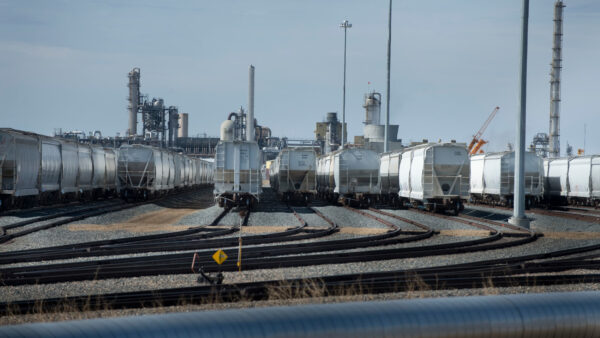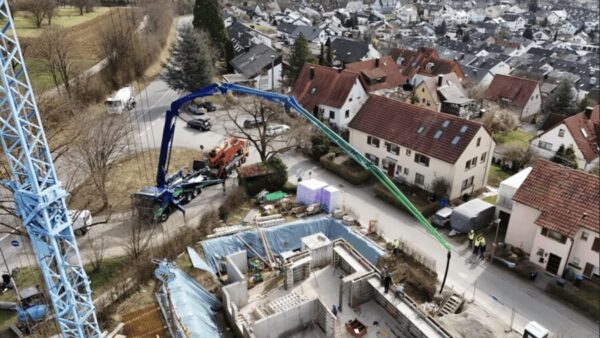After warning this week that its losses would be greater than the US$115m previously estimated and that it expected to breach its debt covenants, Fletcher Building, New Zealand’s largest contractor, will spend the weekend talking to its banks.
This was the company’s fourth profit warning in less than a year, and comes amid an unprecedented building boom in the country.
According to the Reuters new agency, Fletcher is due to repay US$520m between 2020 and 2022.
Shares in the company were suspended after the announcement while a review of projects was carried out at its building and interiors unit. The company’s stock has fallen 23% so far this year.
“They will be frantically negotiating over the weekend to see if they can get their bankers onside, and if not they’ll be trying to come up with a way to shore up their balance sheet,” investment adviser Grant Davies told New Zealand Herald yesterday.
The Auckland-based company has said it will brief the market on the results of the weekend’s negotiations on Monday.
There has been speculation that Fletcher’s construction division, which accounts for a quarter of its turnover, may be up for sale, and a price of US$400m has been mentioned. Spanish company Acciona, which is in a joint venture with Fletcher to build a motorway extension in Auckland, has denied rumours that it might be interested in buying the division.
The company’s woes contrast with the robust state of the New Zealand economy in general, and the construction sector in particular. The company’s losses have been partly blamed on the boom and its effect on wages in the industry’s tight labour market.
Last year the country’s construction industry teamed up with government to launch a global hunt for manpower.
New Zealand needs 56,000 construction workers, including 2,200 senior and professional staff, to deliver NZ$125bn (US$88bn, £67bn) of infrastructure work and 100,000 new homes over the next decade.
Kevin Everett, the managing director of Auckland-based agency Building Recruitment, told Reuters: “People are just getting paid some silly money at the moment.”
Bricklayers, carpenters, plumbers, electricians and even unskilled “hammer hands” can command rates as high as US$40 and hour, he said.
Image: Fletcher Building at work on a road project near Auckland airport (Fletcher)
Further reading:










